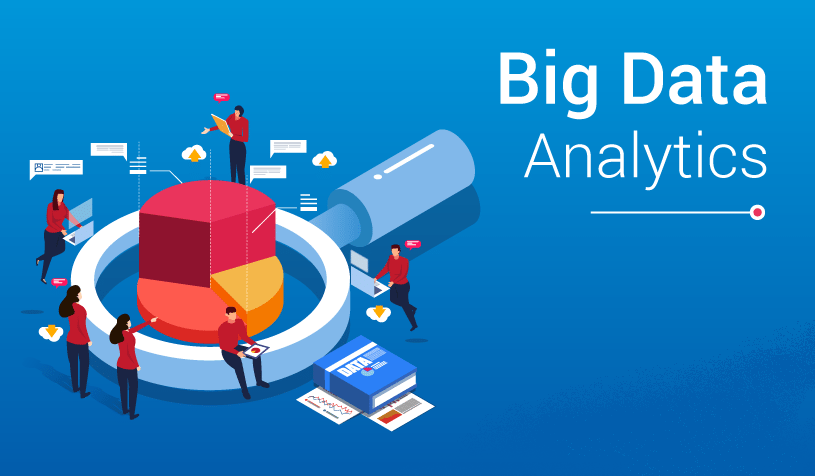Big Data Analytics

Challenges
Big data analytics comprises of multiple technologies. Of course, there’s advanced analytics that can be applied to big data, but, several types of technology work together to help you get the most value from your information.
Organisations are saddled with enormous amount of data and need to draw insights from these data silos. Big data analytics can examine large amount of data to uncover hidden patterns, correlations, and other insights. With this technology it’s possible to analyse data and get answers from it almost immediately an effort that’s slower and less efficient with more traditional business intelligence solutions.
What makes Octasis the foremost analytical organisation in sub-Saharan African is because we allocate resources and expertise into ensuring data cleansing, accuracy, quality and integrity are applied prior to analysis.
Our Solution
- The main benefits that our big data analytics brings to the table, are speed and efficiency. Whereas a few years ago a business would have gathered information, run analytics and unearthed information that could be used for future decisions, today that business can identify insights for immediate decisions. The ability to work faster and stay agile gives organisations a competitive edge they didn’t have before.
- Using our big data analytic solutions will enable you to gauge customer needs and satisfaction through analytics give customers what they want. More companies can now create new products to meet customers’ needs.
- Cost reduction. Big data technologies such as Hadoop and cloud-based analytics bring significant cost advantages when it comes to storing large amounts of data – plus they can identify more efficient ways of doing business.
Solution description
Big data analytics uses different retinue of technologies to include:
For any meaningful result to come out of any big data analysis data needs to be high quality and well-governed before it can be reliably analysed. With data constantly flowing in and out of an organisation, it’s important to establish repeatable processes to build and maintain standards for data quality. Once data is reliable, organisations should establish a master data management program that gets the entire enterprise on the same page.
By analysing data from system memory (instead of from hard disk drive), organisations can derive immediate insights from data and act on them quickly. This technology is able to remove data prep and analytical processing latencies to test new scenarios and create models; it’s not only an easy way for organisations to stay agile and make better business decisions, it also enables them to run iterative and interactive analytics scenarios.
Hadoop. This open-source software framework can store large amounts of data and run applications on clusters of commodity hardware. It has become a key technology to doing business due to the constant increase of data volumes and varieties, and its distributed computing model processes big data fast. An additional benefit is that Hadoop’s open-source framework is free and uses commodity hardware to store large quantities of data. Provide Time series exploration and analysis to help understand the structure of your data prior to forecasting. Identify outliers, missing values, or other data issues. Segment and manipulate data for better modeling.
Our Machine Learning algorithms trains a machine how to learn, makes it possible to quickly and automatically produce models that can analyse bigger, more complex data and deliver faster, more accurate results – even on a very large scale. And by building precise models, an organisation has a better chance of identifying profitable opportunities – or avoiding unknown risks.
The Text mining capability can analyse text data from the web, comment fields, books and other text-based sources to uncover insights you hadn’t noticed before. Text mining uses machine learning or natural language processing technology to comb through documents – emails, blogs, Twitter feeds, surveys, competitive intelligence and more – to help you analyse large amounts of information and discover new topics and term relationships.
Technology description
Our Data Scientists, Predictive Modelers, Statisticians and other analytics professionals collect, process, clean and analyse your organisation volumes of unstructured and structured data as well as other forms of data not used by conventional BI and analytics programs.
All these data are aggregated in data lakes to enable organisation, configuration and partitioning for better performance of analytical queries.

